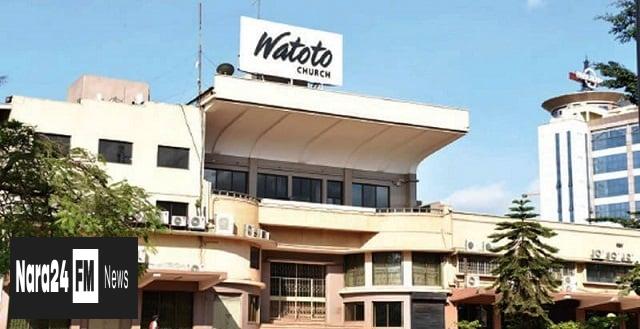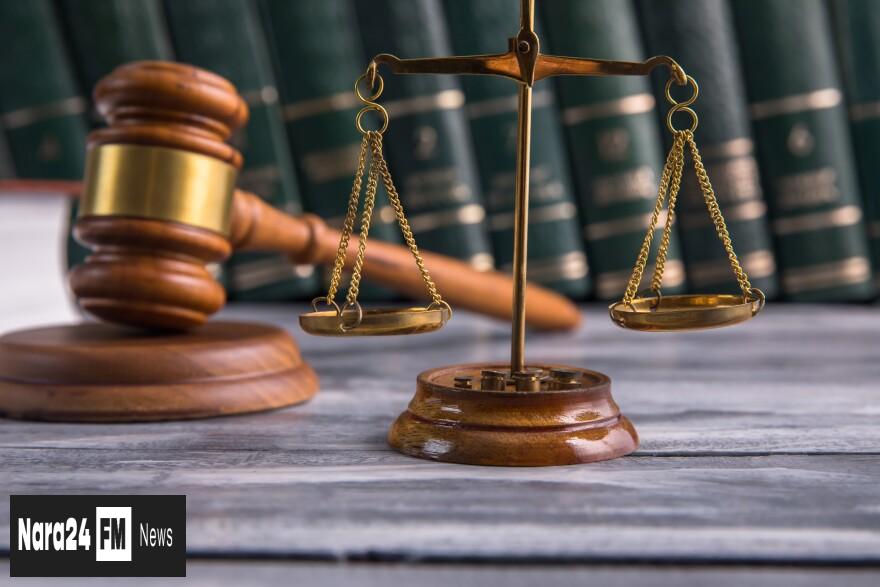In This Article
- Watoto Church's Efforts to Remove Online Content
- Details of the Land Dispute
- Legal Arguments and Court Proceedings
- Watoto's Defense and Counterclaims
- Public Scrutiny and Allegations of a Cover-Up
Key Takeaways
- Watoto Church has removed online news articles and content related to its ongoing land ownership dispute in Uganda's Wakiso District, sparking accusations of a cover-up.
- The controversy involves 179 acres of land purchased by Watoto Child Care Ministries in 2010, with Dr. Fredrick Njuki alleging fraudulent acquisition via forged documents orchestrated by his brother, Steven Nsubuga.
- The High Court's Land Division has ordered Njuki to prove Ugandan citizenship, which Watoto claims invalidates his case, while his legal team calls this a stall tactic.
- Watoto denies fraud, insisting it conducted due diligence during the purchase, and has countersued Nsubuga for Shs800 million plus interest paid for the disputed land.
- The case highlights growing public scrutiny over religious institutions' involvement in high-stakes property disputes and Uganda's land administration accountability.
In an apparent effort to reshape its public perception, Watoto Church has systematically erased online traces of a contentious land ownership battle, fueling accusations of a coordinated cover-up. Recent reports indicate that multiple news articles detailing allegations of fraudulent land acquisition against Watoto Child Care Ministries—a church-affiliated organization—have been scrubbed from prominent platforms, including MSN. Screenshots shared by observers reveal broken links and "page not available" errors, raising questions about transparency in the ongoing legal conflict.
The controversy centers on 179 acres of disputed land in Wakiso District, purchased in 2010 by Watoto Child Care. Dr. Fredrick Njuki, a complainant in the case, alleges the church acquired the property through forged documents orchestrated by his brother, Steven Nsubuga. Court filings claim the land rightfully belongs to Njuki’s late father, Eric Kiyuba Njuki, and demand annulment of Watoto’s ownership. The High Court’s Land Division has ordered Njuki to prove his Ugandan citizenship—a move Watoto argues invalidates his claims, citing his U.S. nationality. Njuki’s legal team dismisses this as a stall tactic.
Watoto denies wrongdoing, asserting it followed due diligence during the purchase, including boundary checks and registry verifications. The organization countersued Nsubuga, seeking recovery of Shs800 million (with 30% interest) paid for the land. Critics, however, point to the church’s aggressive removal of digital content as evidence of an orchestrated PR strategy. "After failing to block courtroom reporting, they’re now deleting stories to control the narrative," said one local observer.
The case remains sub judice, with implications for Uganda’s land administration and corporate accountability. As the court deliberates, public scrutiny grows over the intersection of religious institutions and high-stakes property disputes.







Comments (0)
Leave a Comment
Be the first to comment on this article!